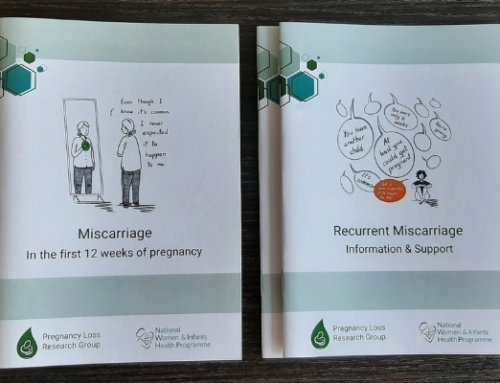Tuesday 26 May 2020
Since the global outbreak of COVID-19, we are being inundated with claims that certain foods, nutrients and nutritional supplements can prevent or even cure COVID-19.
However, the truth about diet and COVID-19 is this: No single food, nutrient or supplement can “boost” our immune function to prevent us from catching COVID-19. Good hygiene practices and physical distancing remain the best ways of limiting our risk of infection.
A healthy diet has a role in maintaining a healthy immune system and helping the body fight infection. There are a number of healthy food and lifestyle choices that you can make during this time to ensure that your body has all the nutrients it needs to keep you healthy, to help your baby grow and develop and to support your immune function.

1. Get your supply of essential nutrients
Aim for a diet that includes a range of healthy, nutrient-rich foods that will deliver important vitamins and minerals for pregnancy such as folic acid, iron, calcium, vitamin D and omega-3 fatty acids.
- Take a folic acid supplement (400μg per day) every day for the first 12 weeks of your pregnancy and include foods that are a rich source of folic acid in your diet, such as green leafy vegetables, fortified breakfast cereals and milk.
- Eat foods that are rich in iron at least twice a day. Good sources of haem iron (easily absorbed by the body) include red meats like beef, lamb and pork and non-haem iron (less- well absorbed) is found in eggs, green leafy vegetables, pulses and fortified breakfast cereals. Try to eat foods rich in vitamin C (oranges, kiwis, strawberries and red peppers) at the same time as your non-haem iron sources.
- Try to eat 3 servings of milk, cheese or yoghurt a day. These foods are rich in calcium which is important for healthy bones. Low-fat dairy products contain the same amounts of calcium as full-fat versions.
- Aim to eat 1-2 portions of oily fish like salmon, mackerel, herring and sardines every week. These are excellent sources of omega-3 fatty acids (important for baby’s brain development) and vitamin D (important for you and your baby’s bone health).
2. Gain a healthy level of weight and keep active
It is normal to gain weight during your pregnancy, and it is important to keep weight gain to a safe and healthy level for you and your baby. You may hear advice about “eating for two” while you are pregnant, but you should not eat twice as much during pregnancy. Staying physically active during your pregnancy, even if you did not exercise regularly before becoming pregnant, is also important. Talk to your healthcare professional leading the care of your pregnancy for advice on a healthy level of weight gain for you and for appropriate exercise regimens during pregnancy.
3. Be aware of portion sizes
Overly large portions of high energy foods contribute to weight gain. It can be difficult to get portion sizes right, and being at home for extended periods, especially without company or with limited activities, can certainly lead to us overeating.
4. Snacking
Snacking during your pregnancy is perfectly fine, and it is a really good way of getting the extra nutrients and calories that your body needs later in your pregnancy. Some snacks may even help you to deal with some of the common symptoms of pregnancy such as nausea, fatigue and gastric upset. Try to avoid fatty and sugary snacks. Instead opt for snacks that will deliver important nutrients like folic acid, vitamin C, iron, calcium and vitamin D.
5. Limit your sugar and salt intake
Fresh produce such as vegetables, fruit, eggs and fresh, unprocessed fish, chicken and meat have no added salt or sugar. Unprocessed staples such as potatoes, rice, noodles, pasta have no added salt or sugar. Build your main meal around these foods. For other meals, prioritise foods with reduced or no added salt or sugar.
Limit your intake of sugary foods like sweets, chocolate, biscuits, cakes, soft drinks and fruit juices with added sugar.
Avoid salty snacks such as crisps. Avoid adding extra salt to your meals at the table. Consider using fresh or dried herbs and spices for added flavour instead.
6. Get enough fibre
Dietary fibre contributes to a healthy gut and digestive system, it keeps hunger between meals at bay and has proven benefits for heart health. Wholegrain cereals, such as wheat, brown rice, corn, oats, rye and barley, and vegetables, pulses and fruit are fibre providers. Juicing vegetables robs them of their fibre, so eat them whole.
7. Stay hydrated
Not only is water the healthiest and cheapest drink, it is also crucial for optimal health (6-8 glasses per day). Drinking water instead of sugar-sweetened beverages is a simple way to limit your intake of sugar and excess calories.
Get your information from a reputable source!
Just as we are being advised to rely on official sources for updates on how to reduce COVID-19 transmission, we should also look to trusted sources for healthy eating advice during pregnancy. The Health Service Executive (HSE) have evidence-based guidelines for eating well during pregnancy.






